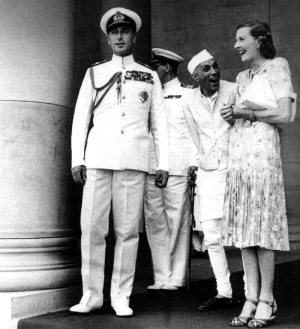And when they ask us how dangerous it was . . .
As every biographer knows, all evidence is suspect. Probably the diary comes nearer to the truth than any other source: it is subjective and no doubt biased but a least it usually reflects what the author really thought at the time. Letters are second-best. They too are contemporary but they contain what the writer wanted


